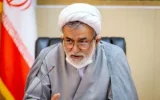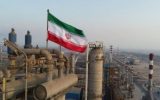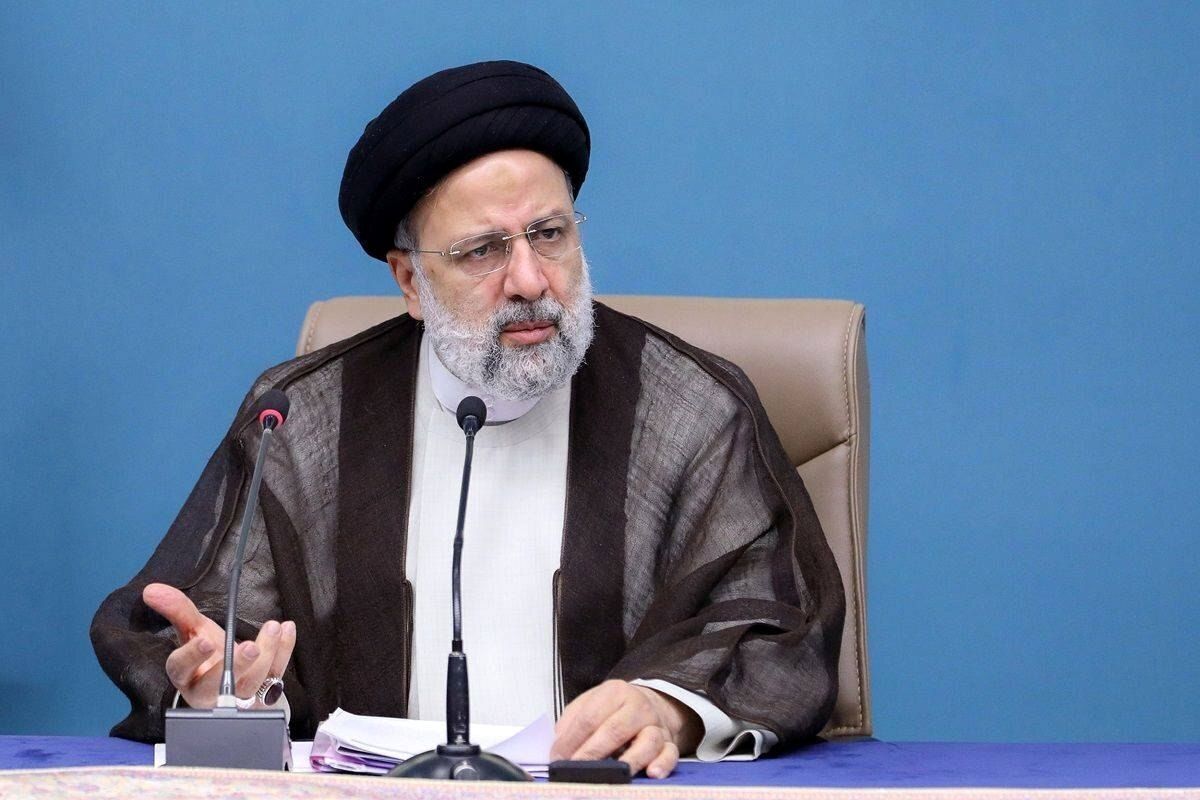
Mismanagement brought petrochemical production to zero
Production in Khorasan, Lordegan, Kermanshah, Zagros, Sabalan, Kimia Pars, and many other urea and methanol petrochemical plants has dropped to zero; why? Because the only prescription of all governments to overcome the gas crisis is to close the gas valve of petrochemical plants.
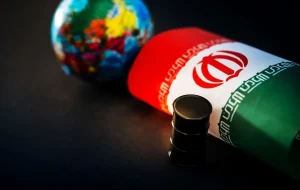
Growth in oil production and exports despite economic recession
Central Bank statistics indicate a 1.1% growth in oil production and exports in the first half of 1404; a growth achieved during an economic recession and alongside a 0.6% decrease in the country's gross domestic product.

The Yellow Dragon’s Addiction to Iranian Oil / Billion-Dollar Savings for Chinese Refineries
Estimates by the Kepler Institute show that China purchased over 80% of Iran's exported oil in 2025, with daily imports averaging around 1.38 million barrels, equivalent to approximately 13% of China's total seaborne oil imports.
آخرین اخبار

Oil Minister: Sustainable liquid fuel provided for power plants
The Minister of Petroleum stated that in order to supply gas to power plants, we have delivered a cumulative 3.5 billion cubic meters of gas to power plants since the beginning of this year, and added: "Also, liquid fuel has been supplied to power plants in appropriate and stable volumes so that our dear compatriots do not face any problems or shortages in terms of electricity supply and their electricity needs are fully provided."
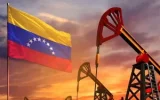
An Iranian seeks to attract $2 billion to invest in Venezuelan oil
Ali Moshiri, former chief executive of Latin American operations for the US oil giant Chevron, told the Financial Times in an interview that he is in talks with investors to raise $2 billion to invest in opportunities in Venezuela.

National Iranian Drilling Company completes 101 oil and gas wells
The CEO of the National Iranian Drilling Company announced the completion of 101 oil and gas wells this year and said: "The drilling area since the beginning of this year has reached 103,456 meters."

South Pars reduced its dependence on foreign countries by relying on internal power
The head of the central repair and manufacturing workshop of the South Pars gas complex announced the repair, manufacturing and localization of more than 2,625 parts and key equipment in 9 months of this year and said: The process of localization of equipment has grown by more than 15% compared to the same period last year.

Ariasasol saved $408,000 annually with the burner gas collection plan
The CEO of Ariassol Polymer Company said: The implementation of the burner gas collection plan prevents the annual waste of 762 tons of ethylene and ethane mixture, and has saved about 408,000 dollars in total.

Domestic and commercial gas consumption reached 621 million cubic meters
Gas consumption in the domestic, commercial, and industrial sectors, along with the stability of the cold weather, was recorded at 621 million cubic meters on January 3.

A new record of gas production in the 12th refinery of South Pars
The manager of the 12th South Pars Refinery emphasized the priority of stable and maximum gas production in the cold season and said: This refinery has succeeded in setting new records in the production of gas and by-products by relying on the power of domestic experts, full support of Iranian manufacturers and strict compliance with HSE requirements.

Shakeri: More than 80 percent of first-time production projects have been implemented with the support of the Ministry of Oil
The Deputy Minister of Oil for Engineering, Research and Technology stated that more than 80 percent of the country's first-time production projects have been implemented with the support of the Ministry of Oil, and said: "The approach of supporting domestic production has always been among the main policies of the Ministry of Oil."

New record in Iran’s oil exports; revenue collection faster than before
The financial director of the National Oil Company said: "Global oil prices have decreased by about 21 percent in recent months compared to previous periods, which is a significant figure, but the Ministry of Oil has partially compensated for the decline in prices by increasing export volumes and reducing discounts."

Operational jump in phase 11 of South Pars with the end of the drilling of the 10th well
The CEO of Petropars Group announced the successful completion of the drilling of the 10th well of South Pars Platform B Phase 11 and said: By connecting this well to the circuit, the country's gas extraction capacity will be increased by about 2.5 million cubic meters per day.

